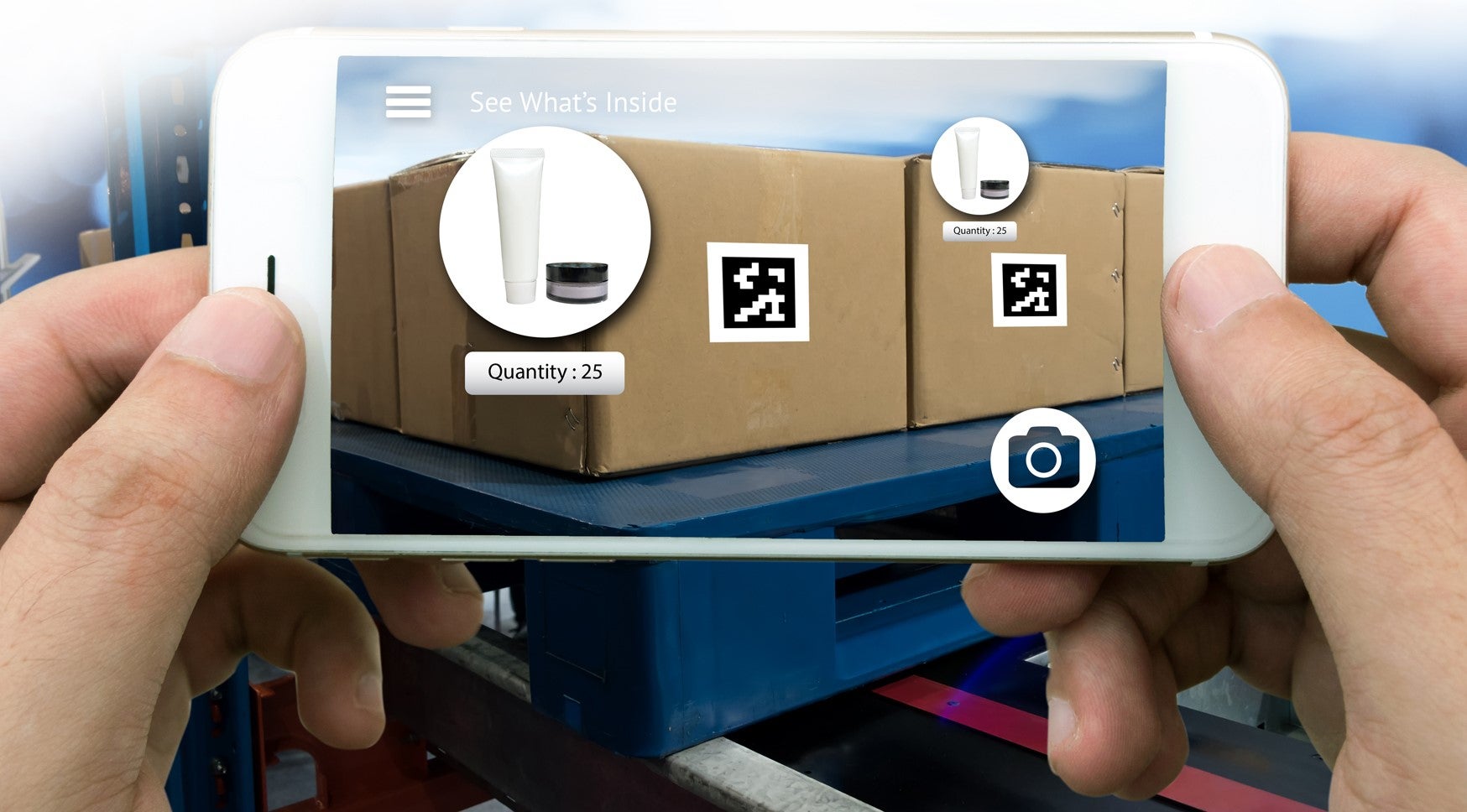
As Arena International’s Clinical Trial Supply Europe conference gets underway this week in Milan, Italy, Clinical Trials Arena will shine a spotlight on the clinical supply chain. With processes in the supply chain becoming more and more intricate, CTA will provide all the answers for professionals looking to navigate through what is a complex landscape.
Be sure to visit CTA later today when Sylvia Haller of N-SIDE explains the advantages of portfolio-level business intelligence dashboards for clinical supply management. On Tuesday, CTA Editor Henry Kerali speaks to Pilatus Clinical Services about the challenges of comparator sourcing. There’s also a feature from Intercept Pharmaceuticals’ Evan Wohl who outlines key approaches when choosing and applying IRT systems.

Discover B2B Marketing That Performs
Combine business intelligence and editorial excellence to reach engaged professionals across 36 leading media platforms.
Later in the week, Matthew Moyer of MSD examines how the use of mobile health technologies can make the idea of smart clinical trials a reality. Meanwhile, Tania Snioch (GS1) and regular contributor Hedley Rees (Pharmaflow) each explore opportunities to improve clinical supply chain processes. So as you can tell, a wide range of issues will be given the spotlight on CTA this week, so don’t miss out!
But first, catch up on some of CTA’s most recent stories delving into the current issues and concerns involving the clinical supply chain… (click on the headline to finish reading).
The Art of Supply and Demand Planning
As clinical studies and demand signals become more complex, and supply networks and operations more diverse, the need for supply chain organizations to ‘do more with less’ continues to be an emphasis. Those groups which set themselves up for success in this dynamic landscape are rewarded with competitive advantage and better outcomes for patients. The following article outlines approaches to the necessary demand and supply planning, modeling, and execution required to achieve and sustain high-level clinical supply chain performance.
Designing Pediatric Investigational Medicinal Products for In-Home Use
Pediatric clinical trials are unique in that not only do you need to consider the patient, but also the caregiver of the preparation, dosing and administration of investigational products.

US Tariffs are shifting - will you react or anticipate?
Don’t let policy changes catch you off guard. Stay proactive with real-time data and expert analysis.
By GlobalDataWhen planning clinical supplies, there are also other factors relating to neonates, infants, children, and adolescents that do not normally apply to adult populations.
This article will present factors to consider when designing supplies for caregivers, having critical discussions and communications with the physicians responsible for protocol development, and ensuring that solutions are considered for situations likely to occur in the trial.
Simplifying a Complex Environment: Items to Consider When Building an Interactive Response Technology System
A universal truism across all commerce is that automation can be an extremely powerful tool, however, if not designed, configured and managed appropriately, it can yield disastrous results. There is perhaps, no space in which this is truer than that of the BioTech/Pharmaceutical industry. With drug and product development costing upwards of $2.5 billion to go from discovery to market, and a very short window to earn back investment capital and profit prior to losing patent protection, companies have to ensure that the right decisions are made the first time at every single step1.
GMP Compliance in Multi-Use Facilities: Defining Strategies to Maximize Usage from Pilot GMP Facilities
Patients in early phase clinical trials deserve the best quality product we can give them. This is particularly true for trials of products like vaccines, which are given to healthy people.
Yet the manufacturing of clinical trial supplies, especially for biologicals, poses some challenges which are different to those associated with preparing licensed products. For example, clinical materials for early phase trials (Phase I & II) are not usually made in dedicated facilities with dedicated equipment. Whether they are manufactured in-house or by a contract manufacturing organization (CMO), it is not feasible to build a new facility for a Phase I product – given that only a fairly small proportion of Phase I products make it to licensure.





